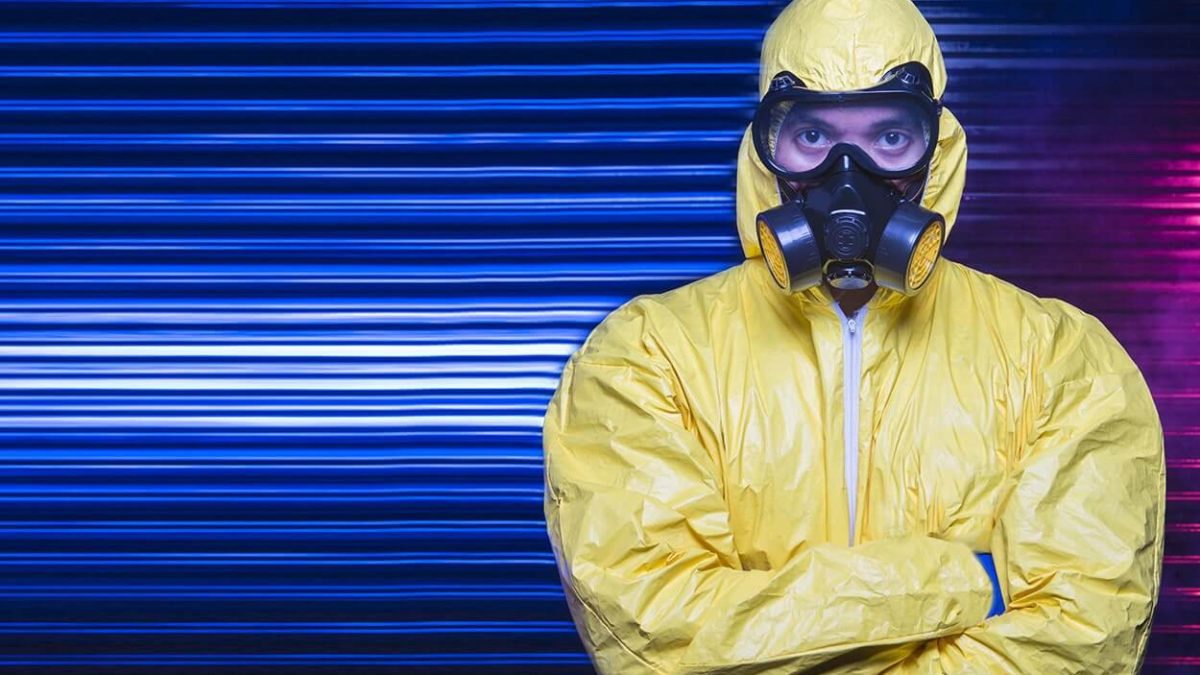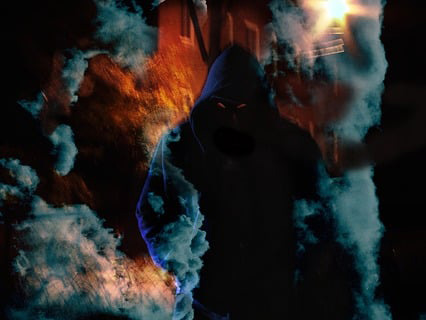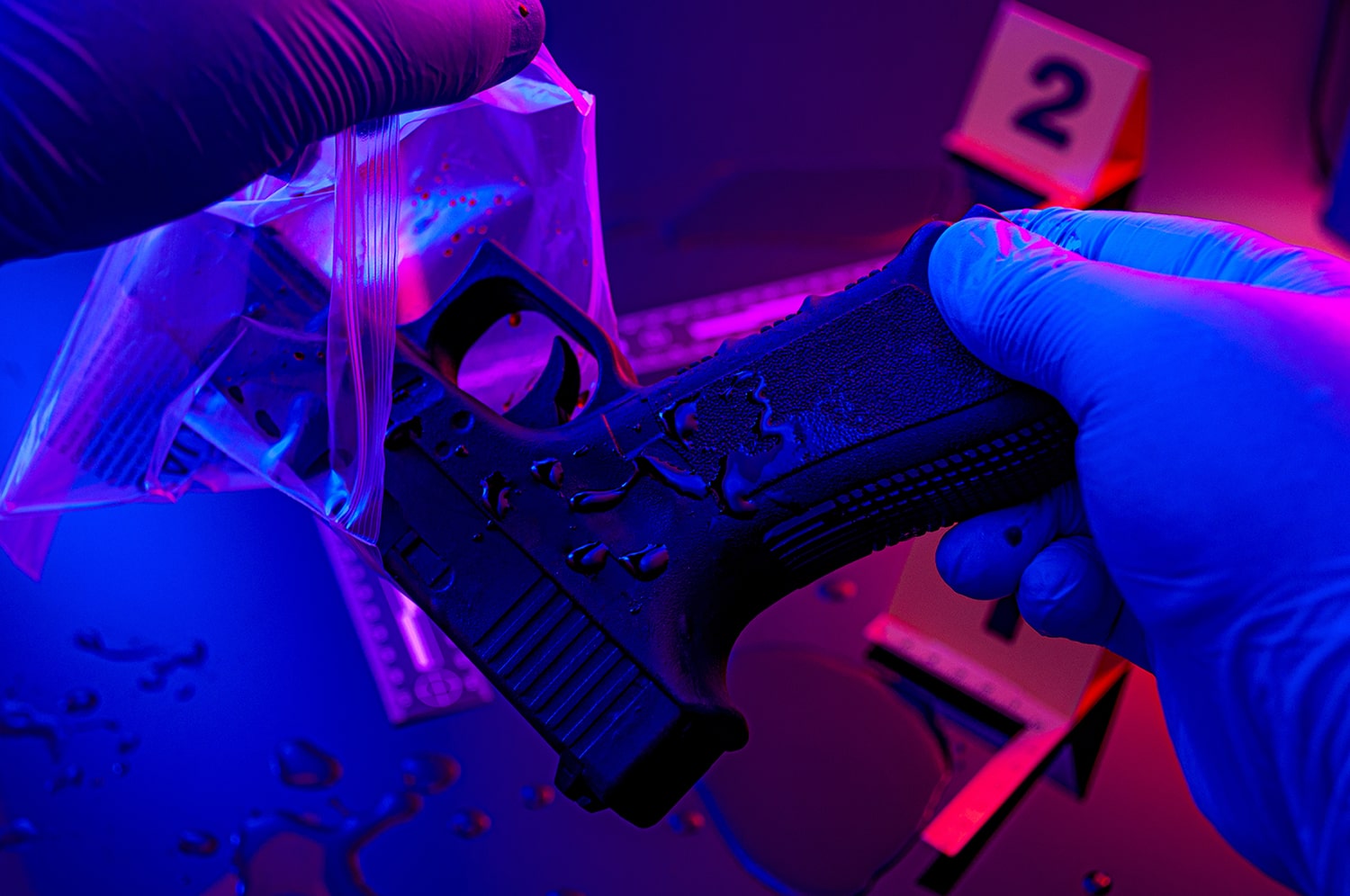
Cleaning After Death By Gunshot
December 12, 2019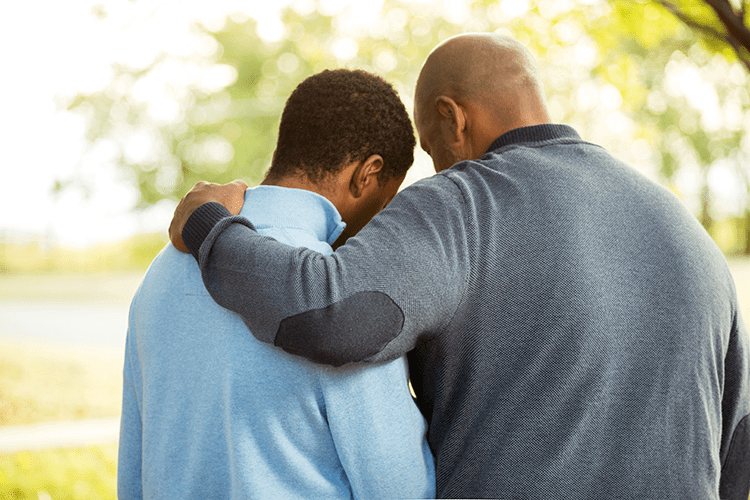
Finding the Body of a Family Member
April 2, 2020“There’s nothing like it,” says a Suicide Cleanup trauma recovery technician. “Except, maybe, my 17-year-old stepson’s socks.”
If you ask crime scene cleaners, homicide detectives, and search and rescue volunteers, you’ll come up with endless unique descriptions of human decomposition odors. Here are a few combinations our teams have shared:
- “Rotten eggs and human feces”
- “Rodent urine and decayed steaks”
- “Rotten cabbage, moldy bread, and sun-heated poop”.
- “A dumpster behind a Kansas City barbecue joint six months after the apocalypse.”
- “My Great Dane’s farts after he’s gotten into the diaper pail.”
And finally, a favorite: “Combine bean soup, rotten meat, orange juice, sour cream, and old-school saccharine, seal it up, take it to Florida, leave it for two weeks, and then open the container. Preferably beneath the window of your in-laws’ home. And then everybody in that gated community will know what a decaying human body smells like.”
In the article “20 People Describe the Smell of a Dead Body”, Thought Catalog surveyed 20 people, including biohazard cleaning professionals and citizens unfortunate enough to be near to or discover dead bodies. They describe their experiences much the same as we do.
Describing the smell of human bodies with a touch of gallows humor is one thing. Retraumatization by lingering odors after a tragedy is another, and that’s where professional death scene cleaners step in.
Do biohazard cleaners get used to the smell of death?
Suicide Cleanup‘s decomposition cleanup crews encounter every imaginable odor associated with human decomposition in the course of their careers. It’s part of our job, and in most cases, we adjust to offensive odors shortly after we arrive at a death scene.
 We share tricks used by law enforcement and medical examiners, including using menthol creams under our nostrils. Our respirators help screen out the gases released by decomposition, which can permeate a trauma scene for hours after the body is removed.
We share tricks used by law enforcement and medical examiners, including using menthol creams under our nostrils. Our respirators help screen out the gases released by decomposition, which can permeate a trauma scene for hours after the body is removed.
Sometimes, after a particularly bad case of decomposition, we have to open windows and run fans to remove extreme odors and potentially harmful gases before we can get to work but we remain professional about the process and take care to protect our clients’ privacy and the safety of nearby people.
Why does human decomposition smell so bad?
The smell of a dead body varies according to the surrounding environment, the passage of time before an unattended death is discovered, and the physical condition of the deceased before death. Even the deceased person’s medications or last meal effects the way the corpse smells.
But the primary cause of decomposition odors is bacteria. As soon as a person dies, unless the body is immediately frozen, refrigerated, or subjected to cold natural environments, its cells, fatty tissue, and amino acids break down.
Bacteria that coexist with healthy humans begin to either die off or consume the decaying cells and gastrointestinal contents, releasing metabolic gases. These gases cause bloat, beginning in the body’s digestive organs.
In warm environments, bloating occurs within hours of death. Sometimes the gases force out human waste, and after a while, the pressure causes the flesh to split and pests to enter. When a body is found several days after death, its removal can trigger the sudden and powerful release of gases, which then contaminate the area for hours, days or weeks.
Are Decomposition Smells Harmful?
The decomposition smells are certainly unpleasant. Harmful is another discussion. “The smell” itself isn’t harmful like how certain gases or odors are considered carcinogenic. However, the odor indicates the presence of harmful bacteria and pests, all of which have the potential of spreading the risk of diseases and illness among surfaces and textiles. The most dangerous aspect is that of course, these microorganisms cannot be seen by the naked eye.
For further reading, please see our article covering the full risk of decomposition smells.
Like us, scientists want to isolate human decomposition odors
Decaying amino acids emit two distinct decomposition chemicals: Putrescine and cadaverine. These odors linger long after the death scene if it’s not properly cleaned and sanitized.
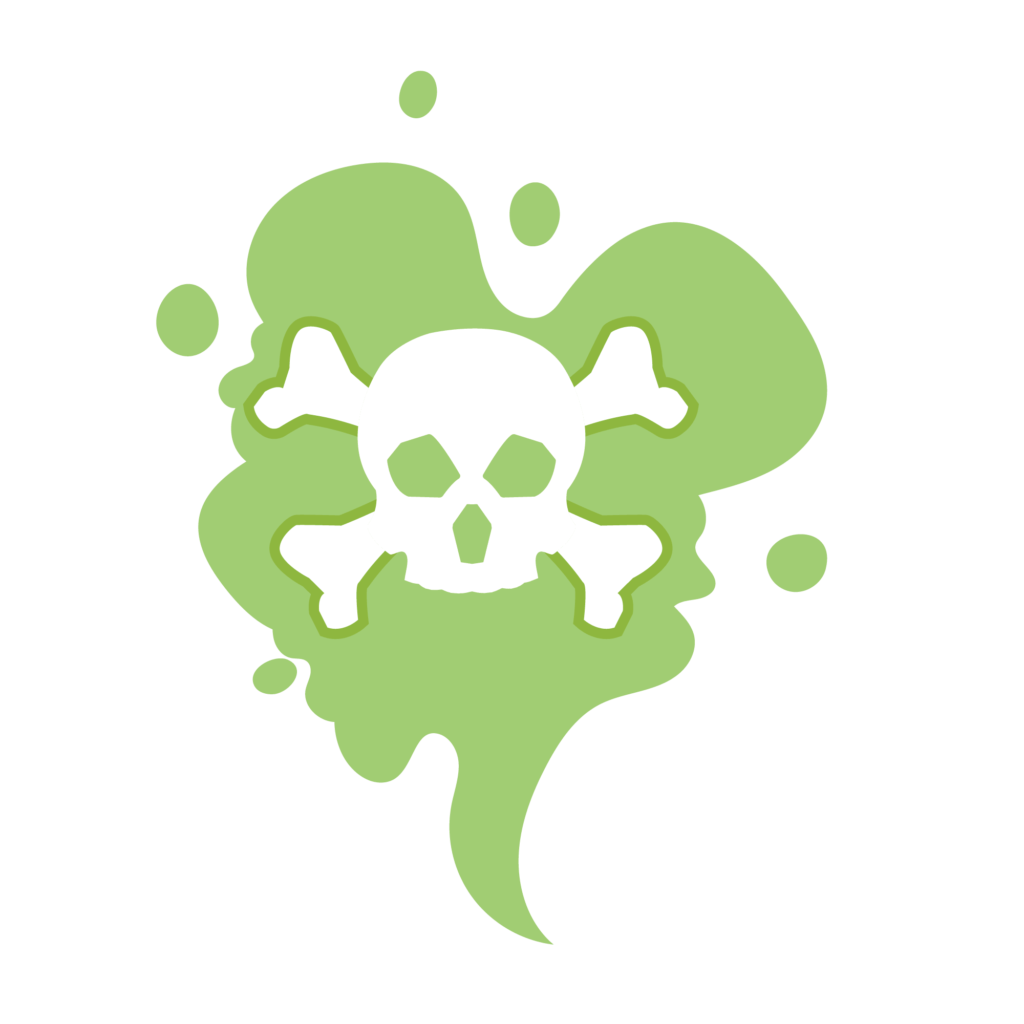 A law enforcement officer and avid hunter once explained to us, “A dead person smells worse than animals—even omnivores like bears and feral pigs—because of what we eat. It’s funky and unique and it lasts forever unless you guys come in to fix it. The alternative is burning the whole mess down.”
A law enforcement officer and avid hunter once explained to us, “A dead person smells worse than animals—even omnivores like bears and feral pigs—because of what we eat. It’s funky and unique and it lasts forever unless you guys come in to fix it. The alternative is burning the whole mess down.”
We agree, having cleaned up locations in which both the owner and their pets died and decayed. It’s hard work, and no amount of air freshener can hide the smell of amateur death odor cleanup.
Online news journal The Independent and the Sciencemag website wrote about research at Tennesee’s Body Farm intended to isolate human-emitted putrescine and cadaverine from that caused by animal decomposition.
The scientists hope that by synthesizing the chemicals, they can create better training tools for cadaver dogs and detection tools such as artificial “sniffers” for law enforcement and search and rescue teams.
We like this sort of technology because, as we’ve said… we get used to it, for the most part. Having equipment that detects the faintest of odors would help us better serve our customers. And we do a pretty stinkin’ good job as it is.
Suicide Cleanup eliminates human decomposition odors from the source
We remove odor-causing bacteria left behind by death, decay, and hoarding, and we also address chemicals from tear gas and pepper spray. Our techniques are non-toxic, and our comprehensive checklist meets or exceeds EPA and CDC recommendations for decomposition and pathogen cleanup and sanitation.
Contact us if you need assistance neutralizing property-devaluing odors so your property is safe, comfortable, and free of sensory reminders of your tragedy.
As for our technician’s teenager? We checked; he’s alive and well and thinking of following in his mother’s less smelly footsteps someday. If he does, we’ll make him wear extra booties.

